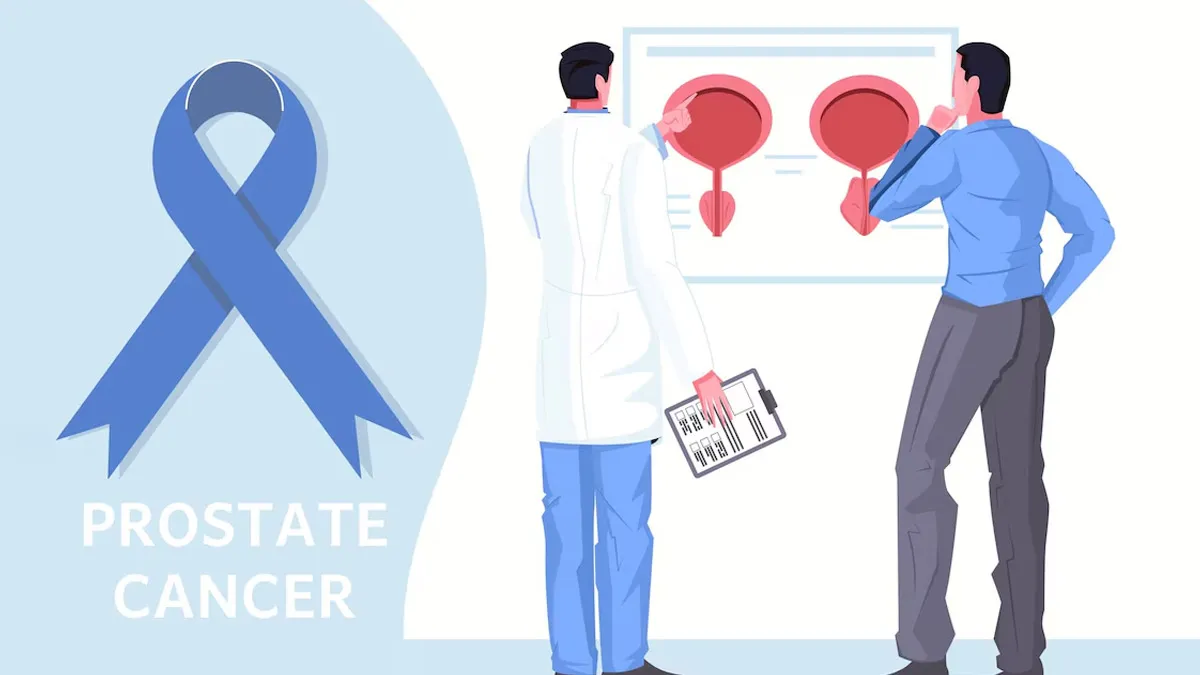
Have you or someone you know faced prostate cancer treatment and wondered how it might affect life in the bedroom? For many men, these changes can feel overwhelming, leaving questions about intimacy, confidence, and what the future holds. Understanding the effects and exploring options for support are essential for those undergoing or recovering from treatment. To shed light on this, we spoke to Dr Meghal Sanghavi, Oncosurgeon, Wockhardt Hospitals, Mumbai Central, who explained the impact on sexual health after prostate cancer treatment and how to deal with it.
Table of Content:-
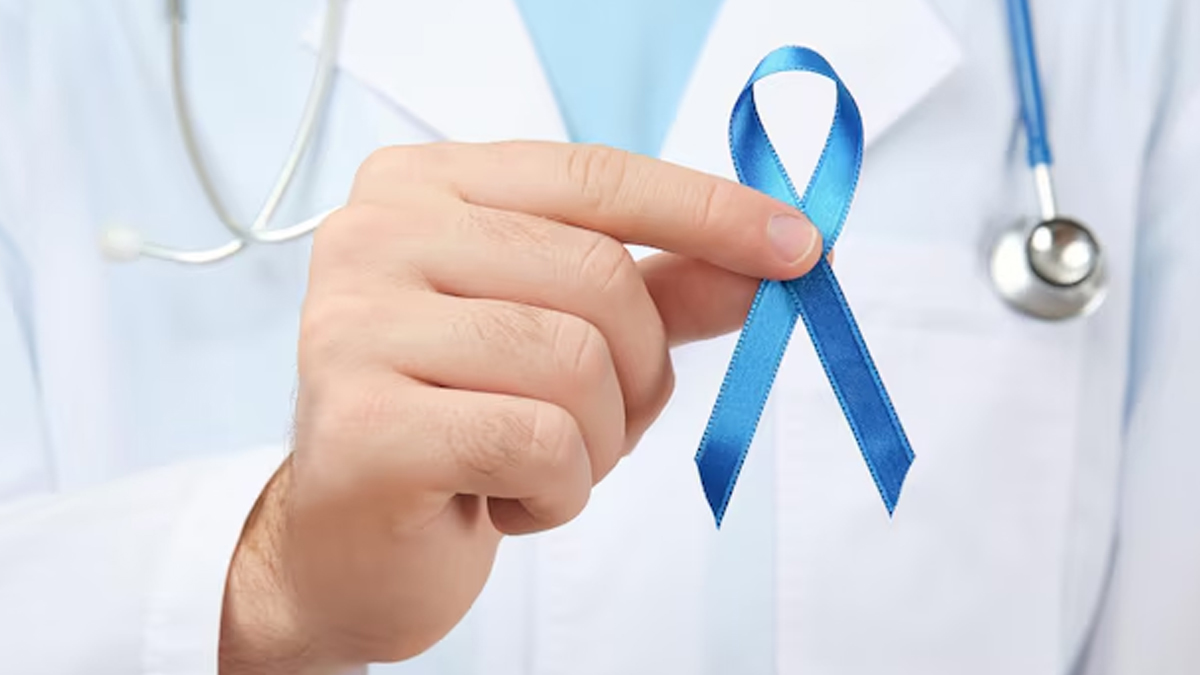
According to the Urology Care Foundation, prostate cancer specifically arises when abnormal cells form and multiply in the prostate gland. However, not all abnormal growths, known as tumours, are cancerous (malignant); some are non-cancerous (benign).
Prostate cancer ranks as the second most common cancer in men worldwide, making up about 14.2% of new cancer cases in males. Its age-adjusted incidence rate stands at 29.4 per 100,000 people, as stated in a study published in the Indian Journal of Urology.
Impact of Prostate Cancer Treatment On Sexual Health
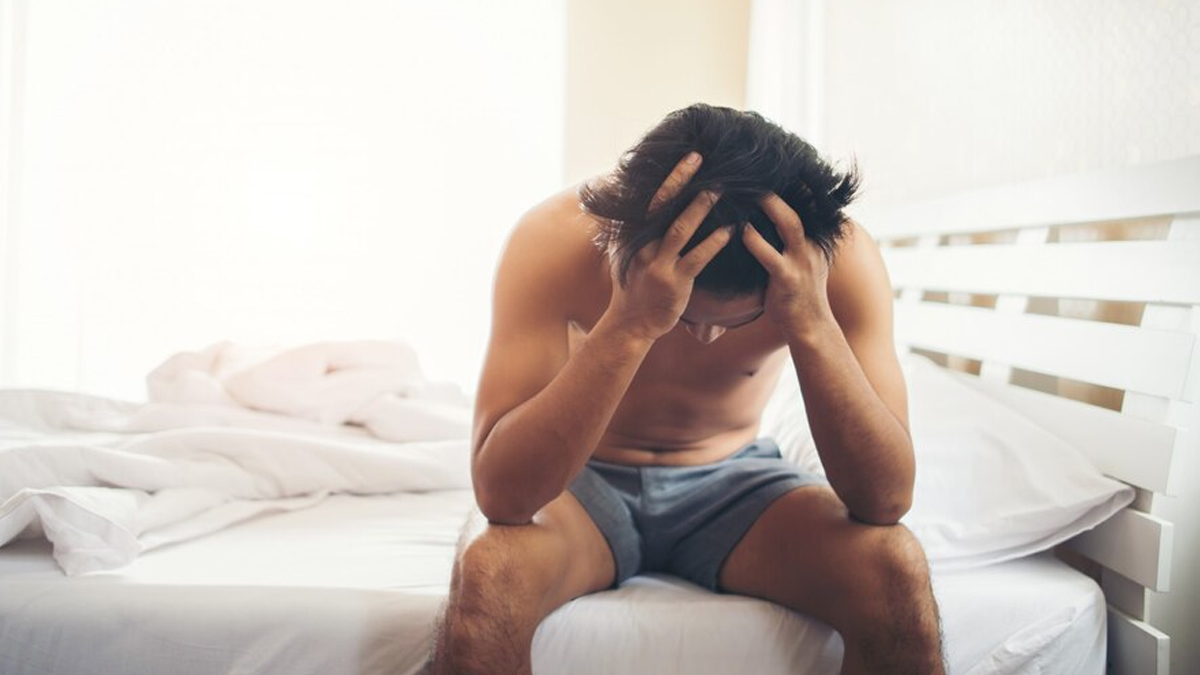
Prostate cancer treatments like surgery, radiation therapy, and hormone therapy can significantly affect sexual function. “Among the most common concerns is Erectile Dysfunction (ED), which may occur due to damage to the nerves and blood vessels involved in achieving an erection. Nerve-sparing prostatectomy, where surgeons aim to preserve the nerves necessary for erectile function can reduce the likelihood of ED, but its feasibility depends on the stage and location of the cancer,” said Dr Sanghavi.
Radiation therapy, another common treatment, can lead to gradual damage to the erectile tissues, which may result in ED months or even years after the procedure. Hormone therapy, often used to suppress testosterone production and slow cancer growth, may lead to reduced libido and changes in ejaculation.
According to the World Journal of Men's Health, prostate cancer impacts sexual health not only through erectile dysfunction caused by the condition itself but also due to psychological challenges associated with the disease or its treatments. Additionally, cancer often diminishes sexual desire and reduces the frequency of sexual activity.
These physical changes can be frustrating and disheartening, but they are not insurmountable. Many men find that being informed about what to expect helps them feel more in control and prepared to tackle these challenges head-on.
Also Read: How Does Smoking Increase The Risk Of Prostate Cancer?
Emotional Effects Of Prostate Cancer Treatment
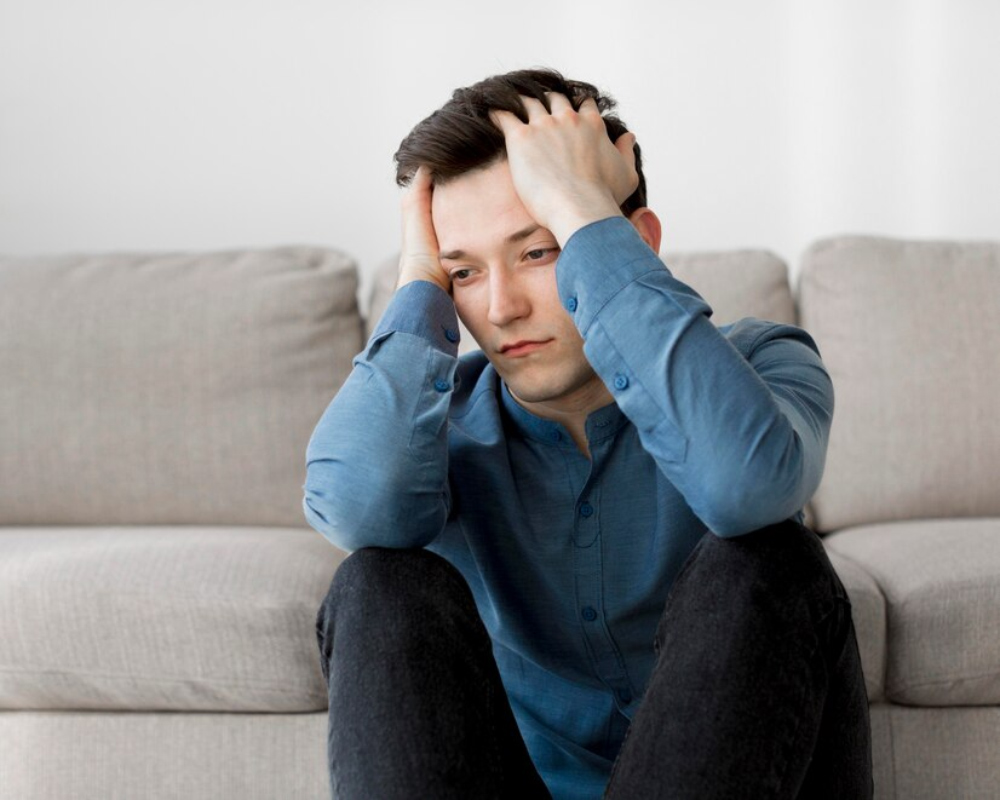
The emotional toll of sexual health changes following prostate cancer treatment is significant. “Men may struggle with feelings of inadequacy, anxiety, or depression as they adapt to these changes. A diminished sense of masculinity or self-worth is also common, as sexual function is often closely tied to identity and confidence. These feelings are normal and valid, and addressing them with loved ones or a counsellor can be beneficial,” added Dr Sanghavi.
Treatment Options for Sexual Health
Men have access to a variety of solutions to manage post-treatment sexual health. “Medications like phosphodiesterase-5 inhibitors (Viagra), penile injections, vacuum erection devices, and penile implants are effective treatments for ED. Testosterone replacement therapy might be suitable for some men, though it’s essential to discuss it with a doctor, as hormone levels need careful management after prostate cancer,” said Dr Sanghavi.
Also Read: Is Infertility An Early Predictor Of Prostate Cancer? What To Know
Importance of Communication and Support
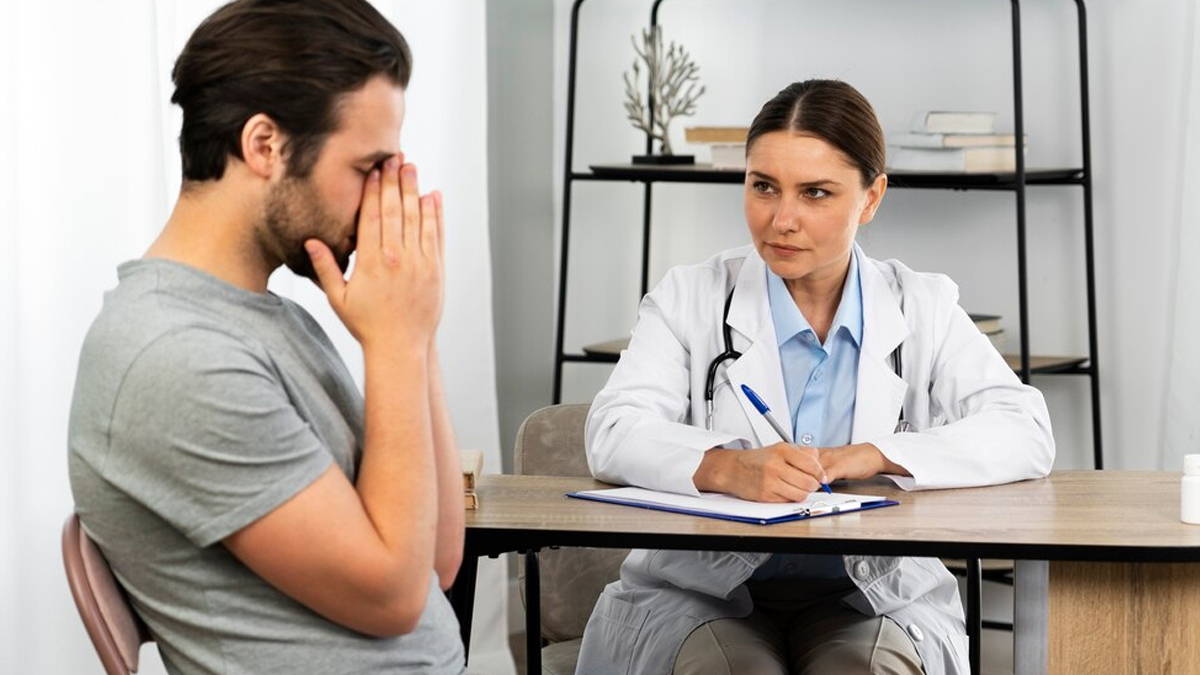
Effective communication is a cornerstone of navigating sexual health challenges after prostate cancer treatment. Discussing concerns openly with a healthcare provider can help men understand their options and develop a personalised plan for managing sexual health. Many doctors recommend consulting a sex therapist or counsellor who specialises in post-cancer rehabilitation to guide patients through this journey.
Equally important is maintaining open communication with one’s partner. Sharing fears, frustrations, and hopes can strengthen the relationship and foster a deeper emotional connection.
Support groups can be an invaluable resource for both patients and their partners. Hearing others’ experiences and learning from their successes can provide practical tips and emotional encouragement.
Bottomline
Dr Sanghavi concluded, “The journey to restoring sexual health after prostate cancer treatment may be difficult, but it is filled with hope. With appropriate support, medical solutions, and emotional coping strategies, men can navigate these changes and discover ways to sustain a rewarding and fulfilling intimate life.”
[Disclaimer: This article contains information provided by an expert and is for informational purposes only. Hence, we advise you to consult your own professional if you are dealing with any health issues to avoid complications.]
Also watch this video
How we keep this article up to date:
We work with experts and keep a close eye on the latest in health and wellness. Whenever there is a new research or helpful information, we update our articles with accurate and useful advice.
Current Version